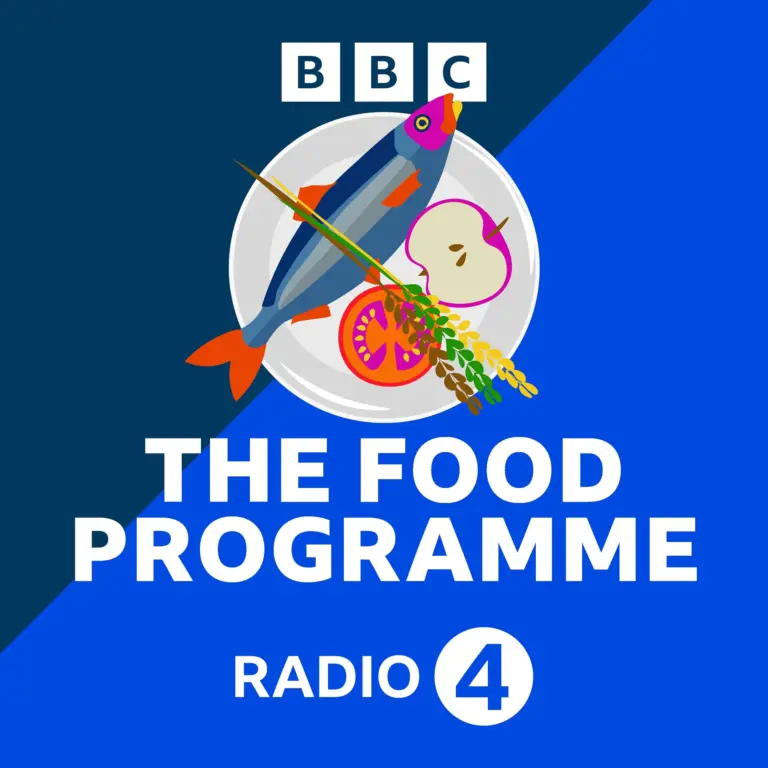
Ultra-Processed Food makes up more than 50% of all calories consumed in the UK - but UPFs are being linked with obesity and disease, and there are calls for tougher regulations. In this programme, Sheila Dillon meets the Conservative MP for Stourbridge, Suzanne Webb, who says current government guidelines about healthy eating do not go far enough. She says regulators need to stop focussing on individual ingredients, and should focus on health outcomes.
The term Ultra-Processed Food, or UPF, was coined more than a decade ago to describe foods that are highly processed, contain many ingredients that are not found in ordinary kitchens and are often wrapped in plastic. They are most supermarket cereals, bread, ready-meals, ice-cream, fruit yoghurts and desserts. Diets high in these foods are being associated with several illnesses including obesity, cancer, depression and heart disease.
Several countries are now advising consumers to limit their consumption of UPF, but in the UK there are no plans to change advice. Last week, the Government's scientific advisors on nutrition published a statement on (ultra-) processed foods and health, concluding that although research consistently associates increased consumption of UPFs with ill-health, there are uncertainties around the quality of the evidence available. The Government says it is already taking action to limit the consumption of foods that are high in salt, sugar and fat, which will include many UPFs.
So it seems better research is needed - but as Sheila Dillon hears, researching in this area is painstakingly complex.
Presented by Sheila Dillon Produced in Bristol by Natalie Donovan